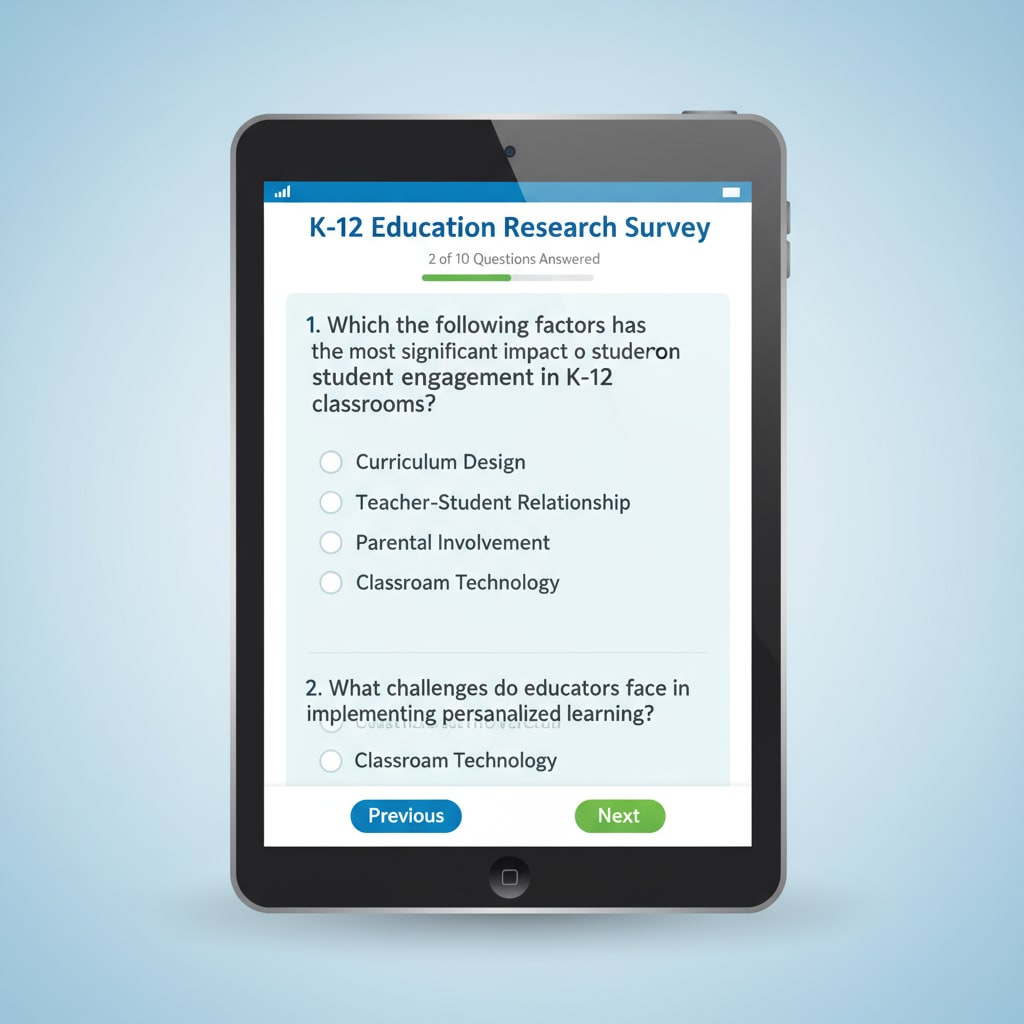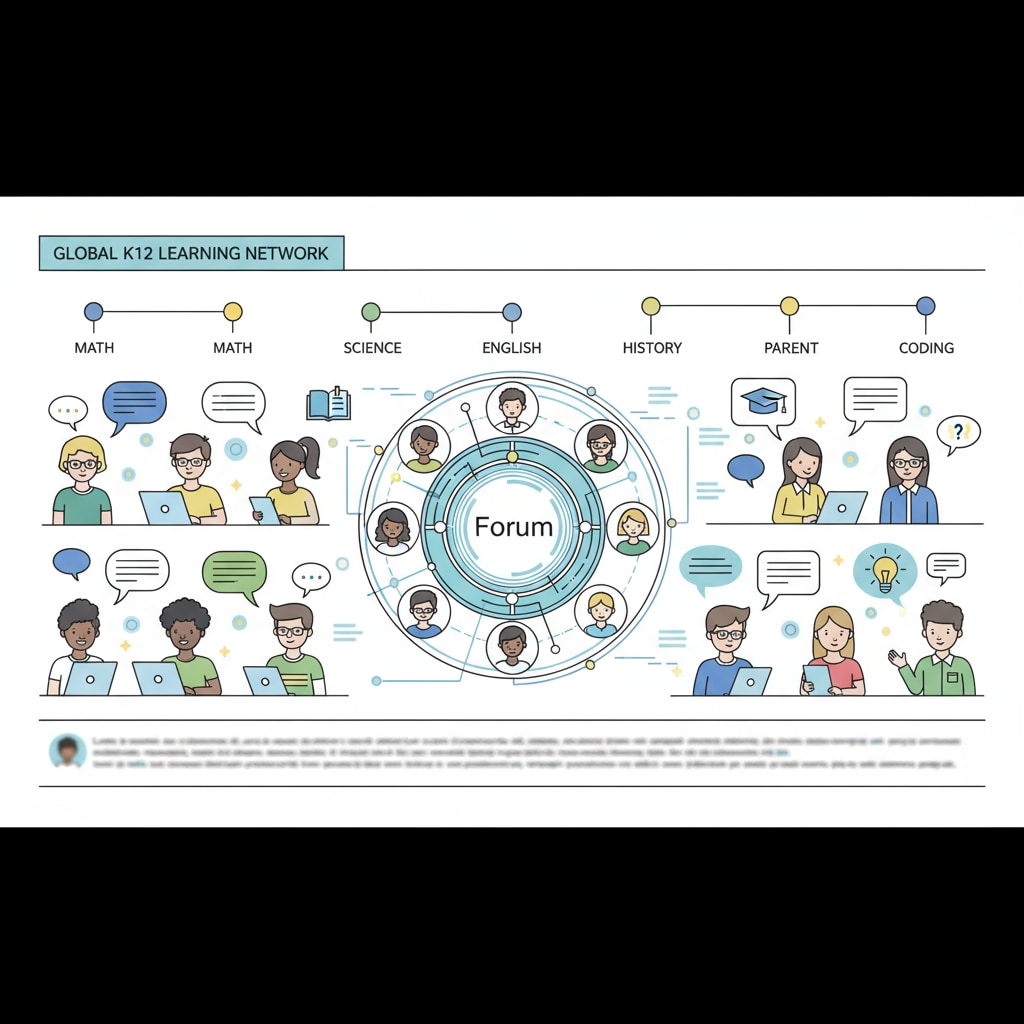Media research, survey questionnaires, and academic assistance are intertwined in the realm of K12 education research. In today’s digital landscape, the ability to utilize online communities for academic surveys has become an essential skill for K12 students and educators. This article delves into the value of online questionnaire surveys in K12 education research and how to build a mutually beneficial academic community ecosystem.
The Significance of Online Surveys in K12 Education Research
Online surveys have revolutionized the field of K12 education research. They offer a cost-effective and efficient way to gather data from a wide range of participants. For example, researchers can reach out to educators across different schools, as well as students and their parents. This broad reach allows for a more comprehensive understanding of various educational issues. According to Educational research on Wikipedia, online surveys can cover a larger sample size compared to traditional methods, increasing the validity and reliability of the research findings.

Harnessing the Power of Online Communities
Online communities provide a platform where researchers can connect with potential respondents. These communities can be dedicated to K12 education, such as forums where educators discuss teaching strategies or groups where parents share experiences. By actively participating in these communities, researchers can not only promote their surveys but also build relationships. This is an important aspect of academic assistance, as community members may be more willing to help when they feel a connection. As a result, researchers can obtain more accurate and useful data. For instance, some communities may have guidelines for sharing research requests, ensuring that surveys are relevant and respectful. Refer to Educational psychology on Britannica for more insights on the psychological aspects of community participation in research.

Building a mutually beneficial academic community ecosystem is crucial. Researchers should offer something in return for the participation of community members. This could be sharing the research findings once completed, providing educational resources, or offering recognition to the respondents. By doing so, a positive cycle is established, where community members are more likely to support future research endeavors. In addition, clear communication about the purpose and significance of the survey helps to gain trust and cooperation.
Readability guidance: In this article, we have explored how K12 education research can benefit from media research, survey questionnaires, and academic assistance provided by online communities. By understanding the significance of online surveys and harnessing the power of online communities, researchers can gather high-quality data for their academic studies. Remember to maintain a positive relationship with community members to ensure continued support.


